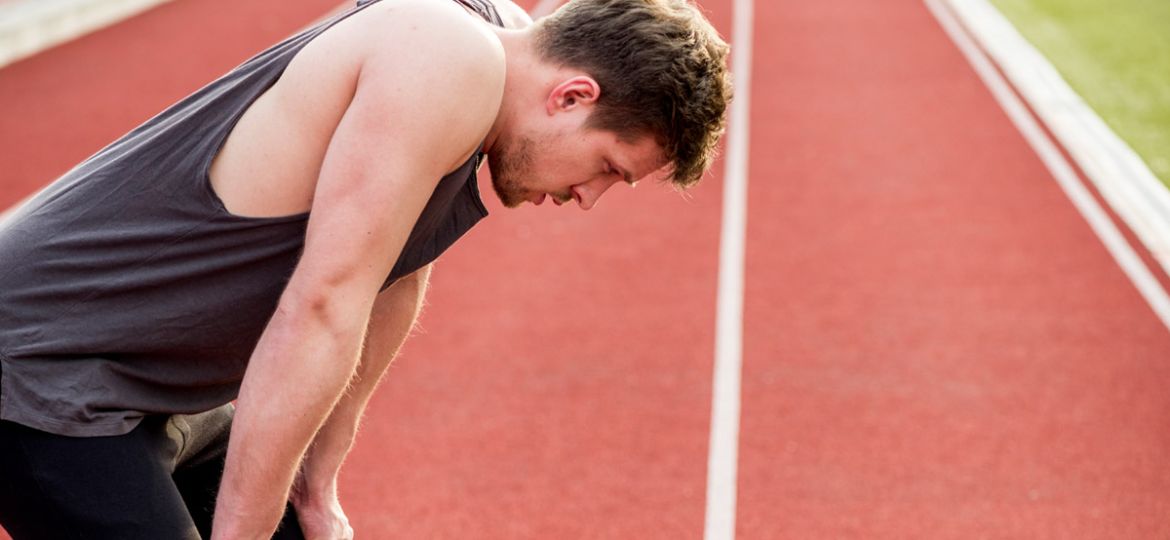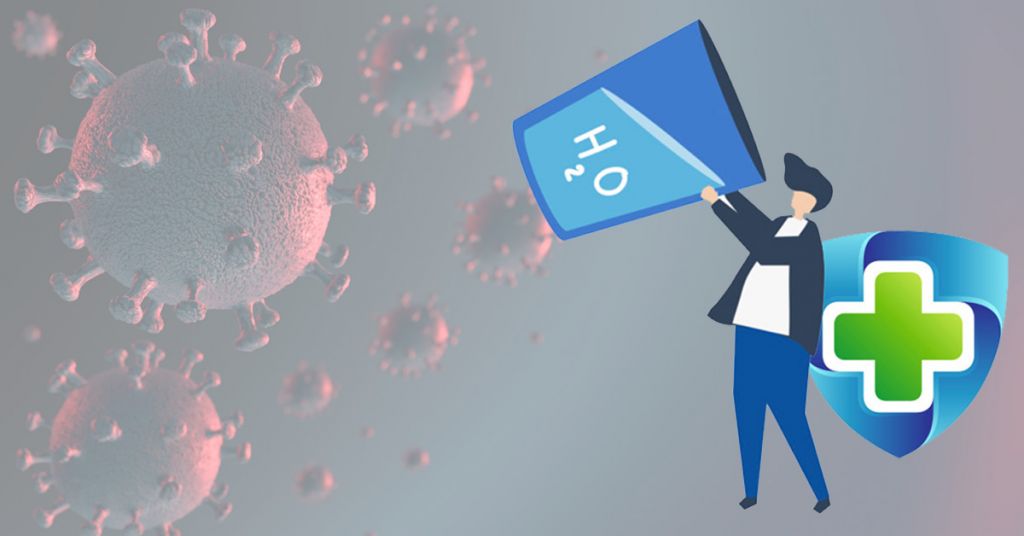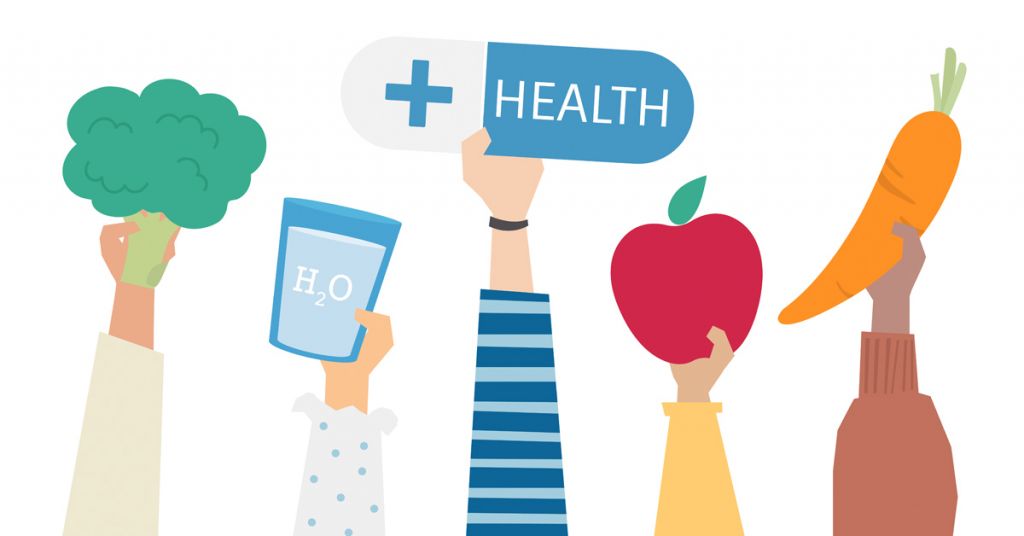
Next time you’re feeling parched, don’t let it pass without drinking up. It could be an early sign that you’re dehydrated.
Dehydration goes beyond being just a solution to feeling thirsty. It affects the normal functioning of all the systems in your entire body, including your immune system. Most of us don’t even know we’re dehydrated until we begin to experience severe symptoms. In today’s article, we’ll look into:
- early warning signs of dehydration
- how it affects the immune system
- how to prevent it
Dehydration: From Mild to Medical Emergency
Have you been drinking enough water lately? Maintaining the balance of fluid levels in your body relies on sufficient fluid intake. Otherwise, your body will be in a state of dehydration. This condition is defined as a drop in your body’s fluid levels which deters your organs from functioning normally.
If you’re dehydrated, symptoms can range from mild, moderate, to severe. Mild dehydration is easily treated when you replenish your body with enough water or electrolyte drinks. However, most people go through their day without noticing the symptoms of mild dehydration. According to Healthline, here’s what you have to watch out for:
Mild Dehydration: Signs & Symptoms
- fatigue
- dry mouth
- increased thirst
- decreased urination
- dry skin
- constipation
- dizziness
- lightheadedness
- headache

Many of these signs are easily overlooked. If you don’t recognize these symptoms and start addressing them soon enough, the condition will escalate to severe dehydration. At its most severe, this condition is considered a life-threatening medical emergency. At this point, oral hydration may not be enough to stabilize fluid levels. Intravenous fluids will be required to replenish the body. Those with severe symptoms experience the following:
- very dark-colored urine or not urinating at all
- rapid breathing and heartbeat
- dizziness, lightheadedness or confusion
- high fever and chills
- unconsciousness
- dizziness
- lightheadedness
- headache

This goes to show that drinking an adequate amount of fluids for your body doesn’t just keep thirst at bay. It’s also necessary to avoid complications like this in the future.
What Science Says About Dehydration & Immune Function

The Autoimmune Fix author Dr. Tom O’Bryan — who specializes in autoimmune diseases — recommends drinking half an ounce of water for every pound of your body weight. He claims that staying hydrated is essential to boosting the body’s natural defense. Here are three studies that back this claim:
- One study examined proper hydration as an answer to decreased immunity in athletes and astronauts. The scientists observed lower ratios of white blood cells (T-cells) attributed to being dehydrated. They suggested electrolyte concentration as a driving force that sustains proper T-cell ratios in the immune system.
- Scientists found that dehydration had a detrimental effect on mucosal immunity. Because of this, dehydration increases the risk of contracting upper respiratory illnesses. Mucosal immunity regulates immune responses in the respiratory system, gut, and urogenital tract.
- Research suggests that fluid restriction reduced some immune cell responses in the body of rowers. These athletes intentionally restrict fluid intake for 24 hours as a weight cutting practice to reduce body mass. Researchers found that this practice might have a role in why rowers are prone to upper respiratory tract infections.
The link between dehydration and suppressed immune function should be substantiated further through research.
Practical Measures to Prevent Dehydration
Our thirst and appetite effectively regulate fluid intake. However, we can’t rely on these alone. Taking proactive measures to ensure a good balance of body fluids should be taken into account. Take a look at these 7 practical ways to avoid being dehydrated:

- Make a Self-Assessment for Symptoms
Early signs of dehydration aren’t obvious to many which lead us to believe that we’re completely hydrated. Make sure you do an assessment yourself for symptoms now and again. Doing so helps you address signs and symptoms early on.
2. Replenish Immediately and With the Right Fluids
Answer to your thirst immediately. Keep in mind to avoid fluids that do more harm than good. Caffeine, alcohol, and drinks with high sugar content don’t exactly do the job. Go for coconut water, low-sugar sports drinks, or electrolyte infused beverages. Of course, you can never go wrong with a glass of water.
3. Get a Clue from Your Urine
The color of your urine can be quite telling. It helps to remember that pale yellow to amber is considered healthy. If the hue goes any deeper, you might want to start drinking up. Dark urine is a sign of dehydration.
4. Check Your Mouth for Dryness
Does your mouth feel sticky and dry? Maybe that’s because of the saltine crackers. Otherwise, that’s an early sign that you’re dehydrated. You might be feeling constantly thirsty along with this, so drink up.
5. Drink According to Your Needs
Eight glasses of water a day is the general standard. But this might not be accurate. The Institute of Medicine (IOM) begs to differ. They suggest a daily intake of 74 to 101 ounces. From there, it is advised to increase intake during workouts or if you’re a breastfeeding woman.
6. Keep Electrolyte Drinks or Oral Hydration Salts Handy
Keep electrolyte infused beverages and oral hydration salts in your home. These are great for fluid replacement in preventing and treating dehydration. You can even take them with you throughout your day.
7. Snack on Hydrating Fruits and Veggies
Snacking on apples, celery, cucumbers, and the like are an easy and filling way to stay hydrated. That is, of course, on top of drinking fluids. Plus, you get all the extra nutrients from these healthy foods.
hydrate Your Body for better health!
Your immune system performs at its best when you practice healthy habits like staying hydrated. Are you looking to do more? We’ve got just what you need! Visit BoostYourImmunity.org for more information.


